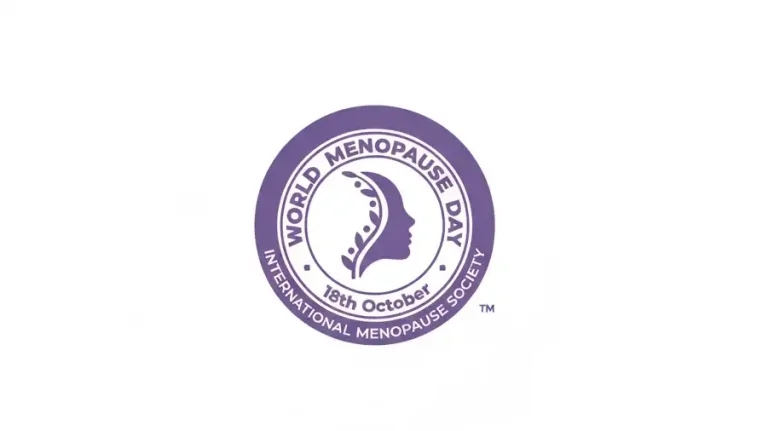8 Oct 2025
WellVet offers a suite of resources to support veterinary professionals through perimenopause and act as a starting point for meaningful discussions around the topic.

Vet practices have been invited to hold conversations about perimenopause this month ahead of World Menopause Day on 18 October.
WellVet, a not-for-profit social enterprise working to improve the mental and physical health of veterinary professionals, has called on practices and individuals to hold discussions about menopause and the impact it can have on colleagues and vet teams more broadly.
The enterprise offers a range of online resources about the topic specifically aimed at vet teams, including a series of short videos delivered by vets and medical doctors, podcasts, a Facebook support group and links to further toolkits supplied by the likes of the BVA and BVNA.
WellVet recommends viewing its three-minute animated video, produced in collaboration with the University of Edinburgh’s research fellow Belinda Steffan, which delves into the impact menopause has on veterinary teams.
This year’s theme for the awareness day is lifestyle medicine, and the resources available have been developed around lifestyle medicine’s six pillars: nutrition, sleep, regular exercise, avoiding toxins and harmful substances, stress management and positive social connection.
Along with sharing its resources with colleagues, the enterprise also suggests practices host relaxed, informal discussions on the topic over coffee to provide team members a safe space to ask questions and share their experiences.
WellVet director Liz Barton said WellVet hopes to “foster a more supportive culture” in practices, adding: “Creating an open and understanding environment around health topics like perimenopause is crucial for the well-being of our teams.
“While perimenopause is a natural life stage, symptoms and long-term effects of hormonal changes adversely affect a significant portion of the workforce, yet it is a topic that is rarely discussed.
“There is growing interest from veterinary teams about how to start this conversation and provide peer support.”